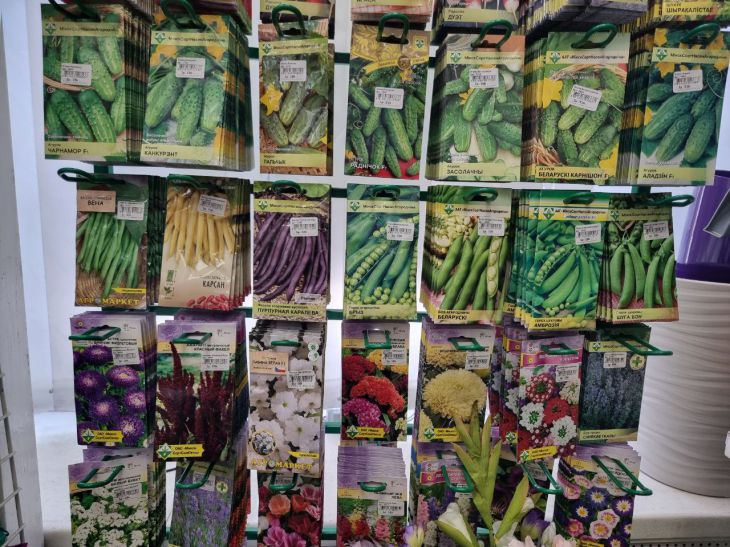Seeds and cold are the perfect combination when it comes to preparing planting material for the next season.
Stratification is an important step. This word refers to a procedure that aims to "harden" the seeds.
In nature, the seeds of many plants overwinter in the ground. When the weather gets warm, they germinate and produce a new plant.
Cold treatment is a natural and necessary procedure for seeds.
This procedure can be started as early as December. A balcony is also suitable for storage, if it is cold enough there.

But it is better to allocate a little space on the top shelf of the refrigerator and keep the seeds there until spring or until sowing for seedlings.
Stratification will benefit the seeds of a number of plants. If we are talking about flowers, these are phlox, columbine, arisaema, anemone, gentian, delphinium perennial, globeflower, lavender, rue, clematis, rhododendron, black cohosh, perennial violet, hellebore, alpine bellflower, iris, primrose, pasqueflower.
Among vegetable crops, this procedure is suitable for some varieties of tomatoes, sorrel, and many varieties of ornamental onions.
As for shrubs, stratification is suitable for thuja, cypress, and juniper.
Blackberries grow well after this procedure.
For reference
Stratification is the prolonged keeping of plant seeds at a certain temperature to accelerate their germination.








